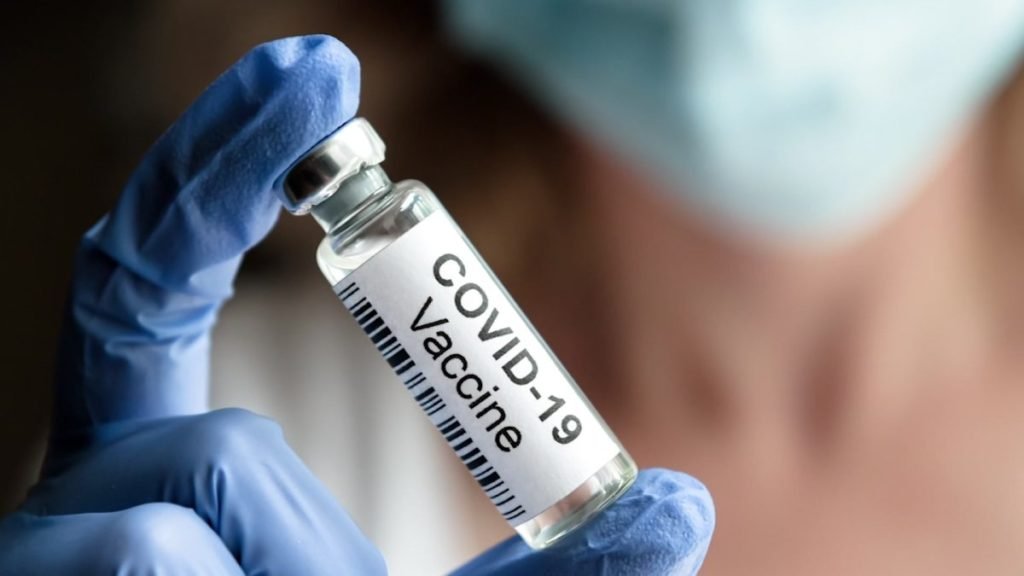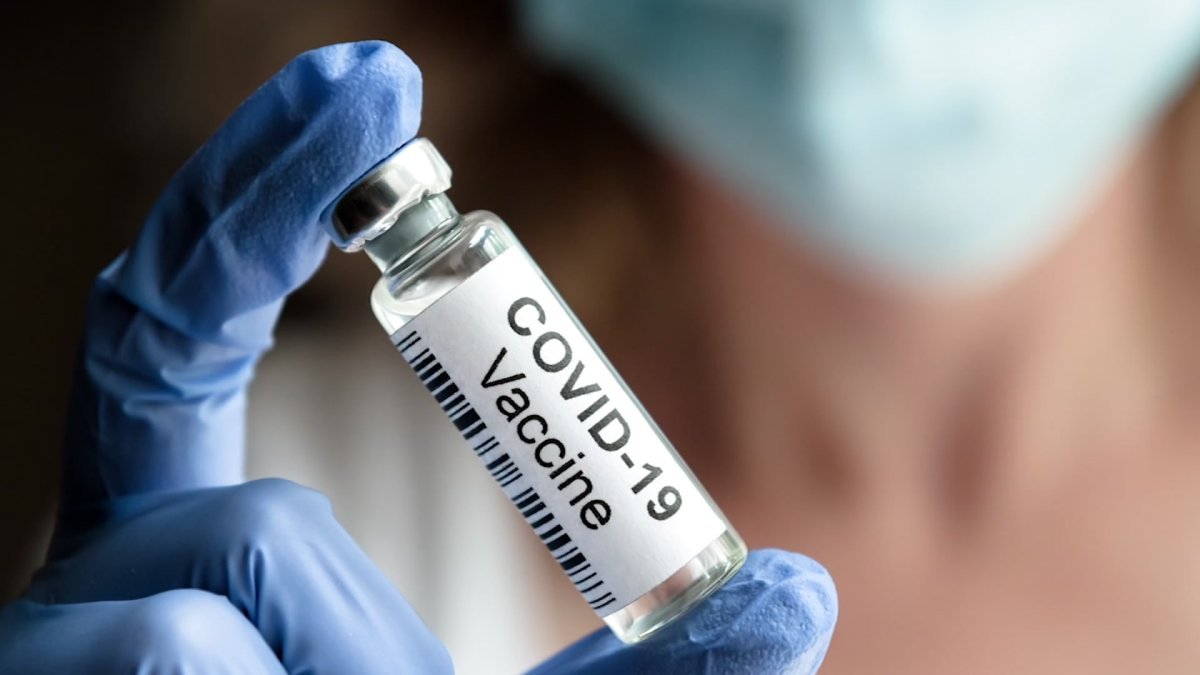As a condition of the authorizations for emergency use issued for the Moderna and Pfizer/BioNTech coronavirus vaccines, those companies were expected to work toward getting a full approval of the US Food and Drug Administration for their vaccines and some health officials were hoping it would happen soon, CNN reported.
Full Approval Of Covid-19 Vaccines Could Help Fight Vaccine Hesitancy
Following the emergency use authorizations known as EUAs, the vaccines had been in use since mid-December. According to commentators, real-world data on the use of the vaccines had shown that the vaccines were effective against the coronavirus that caused Covid-19.

According to Dr Anthony Fauci, National Institute of Allergy and Infectious Diseases director, who spoke to Jim Sciutto of CNN on Wednesday, he hoped that Covid-19 vaccines would receive full approval of the FDA very soon, and that the FDA would expedite to the extent possible the approval process regarding the applications for coronavirus vaccines as they were submitted to the agency.
According to commentators, manufacturers would be able to directly distribute and market their vaccines after progression from authorized to approved. It could also impact vaccine mandates and possibly convince skeptics who were currently hesitant to get the vaccines.
Currently, the Covid-19 vaccines in use in the United States, made by Moderna, Pfizer/BioNTech and Johnson & Johnson were authorized but not approved.
In view of the urgency of development and use in the pandemic, vaccine makers originally applied for authorization for emergency use as the authorization process was less time consuming than the time required for full authorization.
Emergency use authorization as the name suggested was issued for a medical product, such as a vaccine, for receiving special FDA authorization for use in an emergency.
According to the FDA when the health emergency was over, the EUAs issued on the basis of that declaration would not continue to remain in effect. Vaccine makers would then need to file a separate application for a fully licensed vaccine.
On contacting Moderna, Johnson & Johnson and Pfizer/BioNTech, CNN learned that none had provided a timeline for full approval.
The approval process for vaccine developers typically required completion of lab research followed by pre-clinical testing and finally clinical trials in humans across three phases Phase1,2, and 3. All three coronavirus vaccines had been through the process.
The FDA further required that vaccine manufacturers submit data in support of their processes for manufacturing, product characterization, facilities, and demonstration of their reliable and consistent production.
On completion of both the manufacturing details and clinical trials, companies could submit a BLA or Biologics License Application to the FDA.
According to the website of the FDA with the submission of a BLA to the FDA, a company was seeking permission for the distribution and marketing of a vaccine for use in the U.S.
FDA evaluated the data to determine whether the effectiveness and safety of the vaccine had been demonstrated and whether the facility and manufacturing information assured product quality and consistency. Following the evaluation, FDA decided on granting approval, known also as license for use in the United States.
For priority review designated applications, the FDA’s goal was to process the application within a period of six months. A standard review could stretch across a longer period.
When a company was pursuing a formal approval, it needed to spend a certain amount of time for only predominantly observing the safety and the safety obviously looked good as more than 140 million people had been vaccinated with a single dose at the least Fauci told CNN, Wednesday.
According to commentators, as the virus spread reduced, the nation might not be under any emergency situation and vaccines would need a different kind of green light from the FDA.

